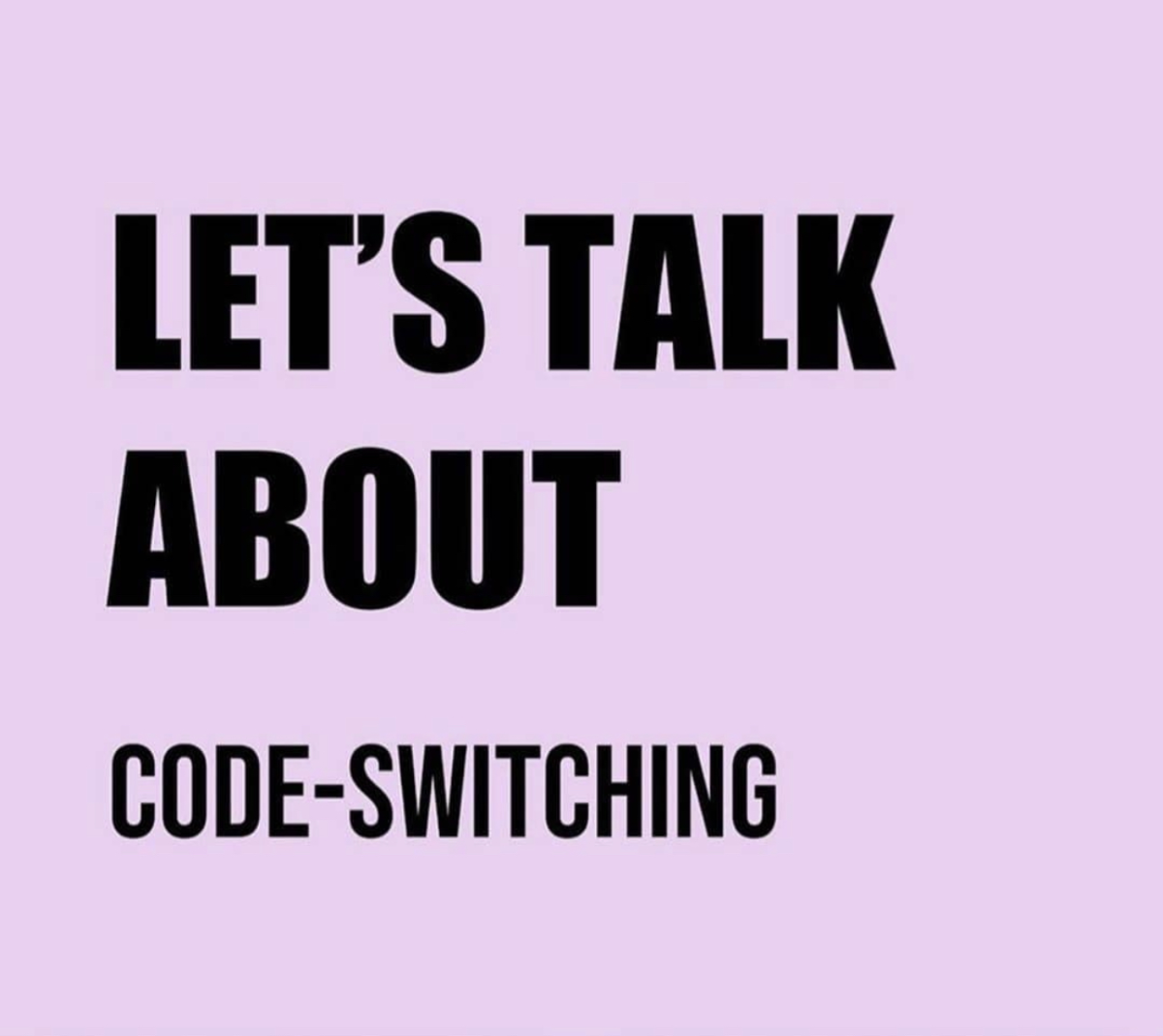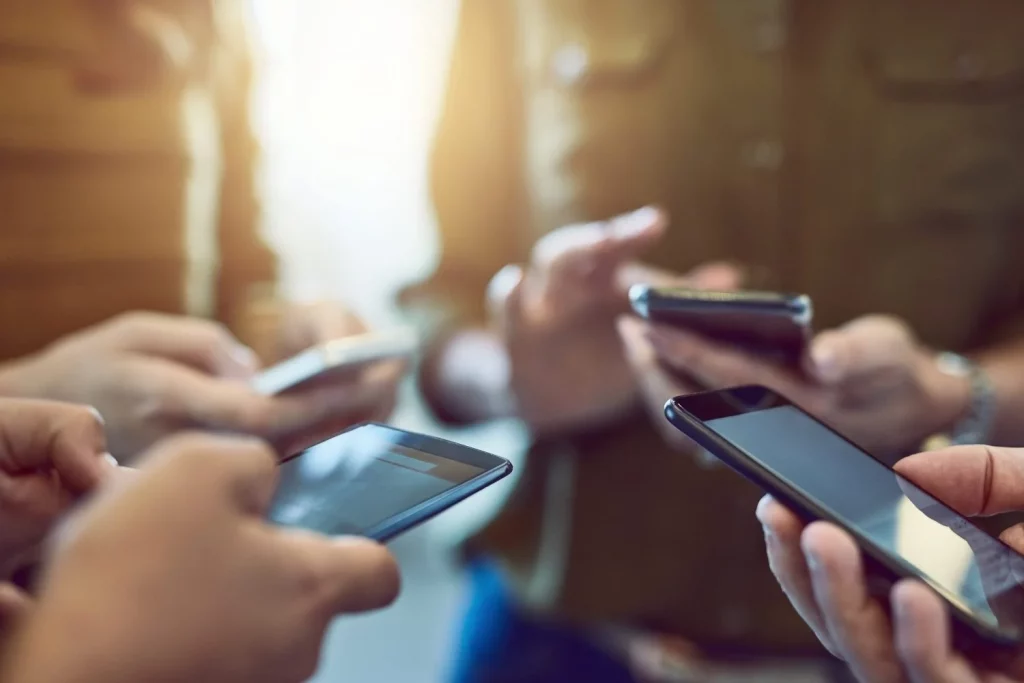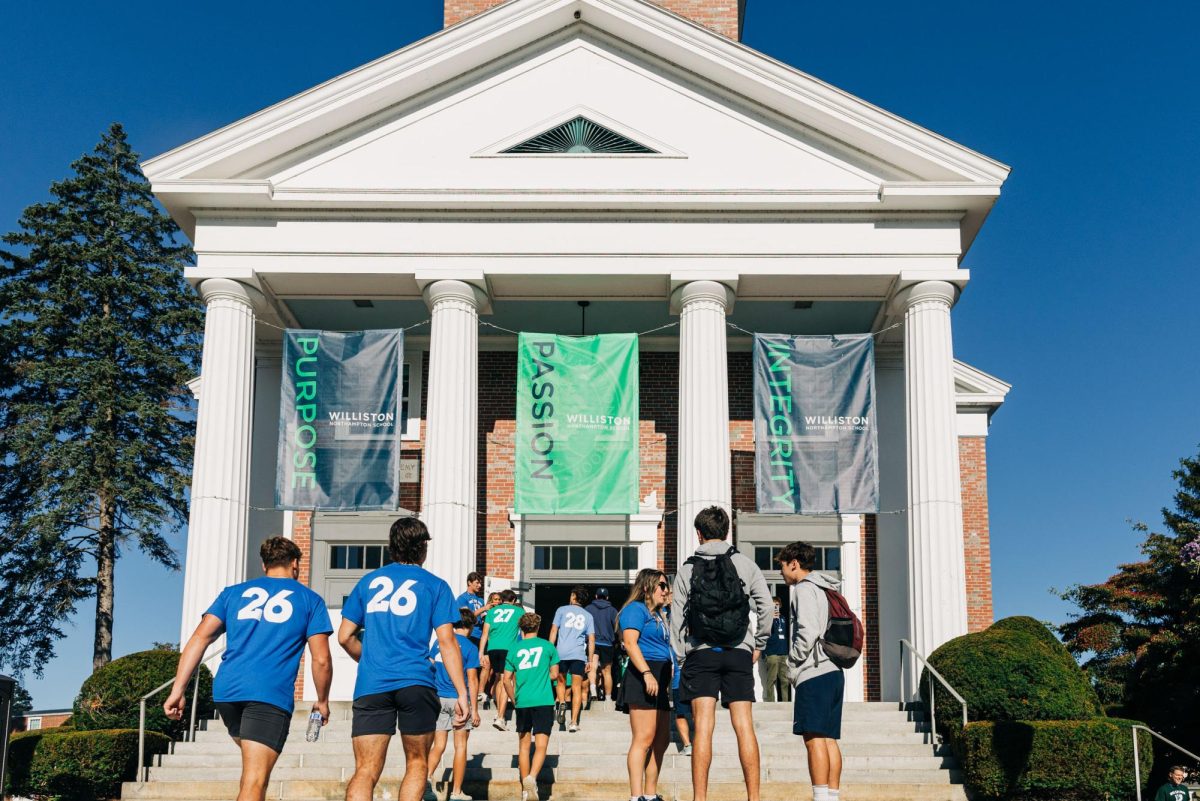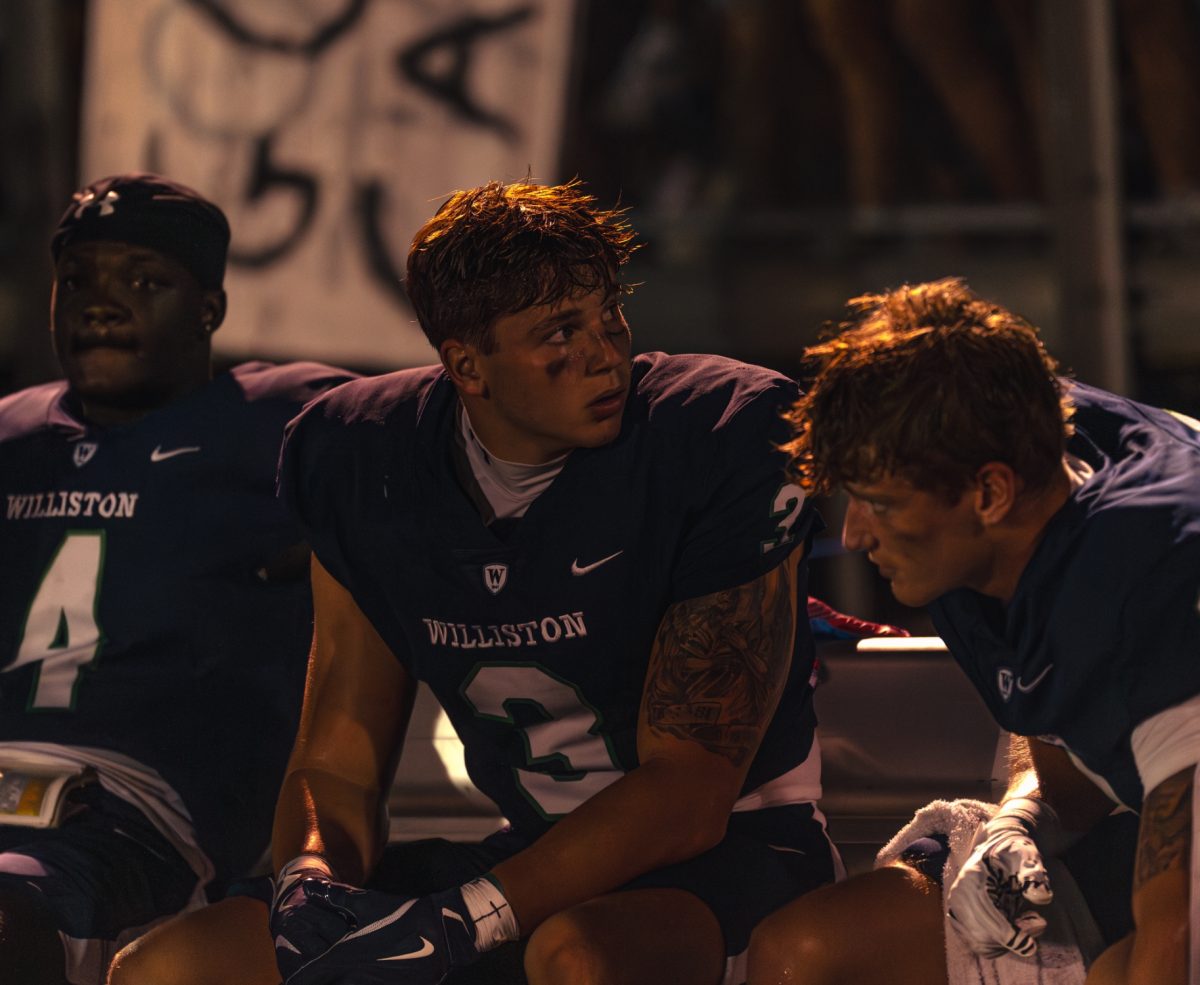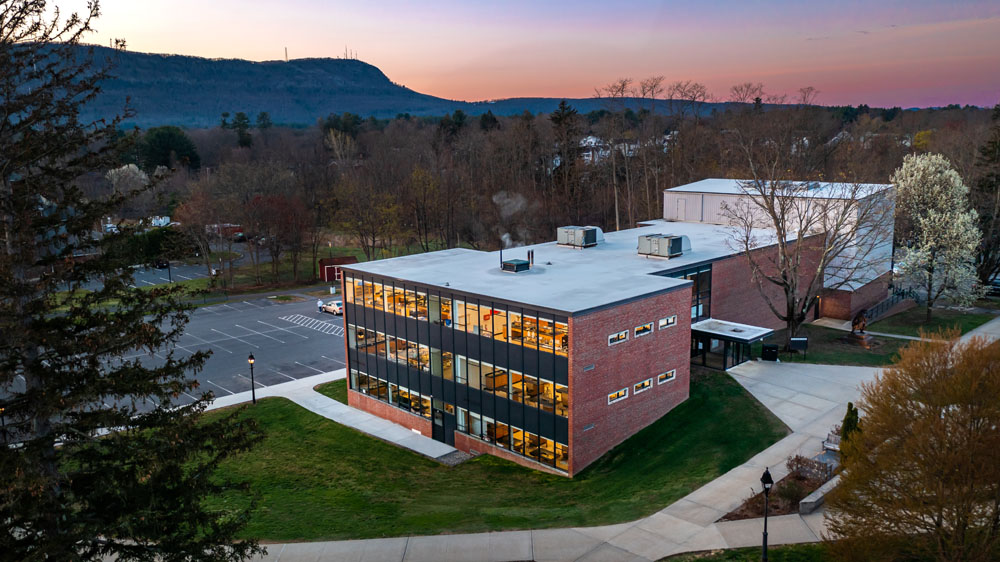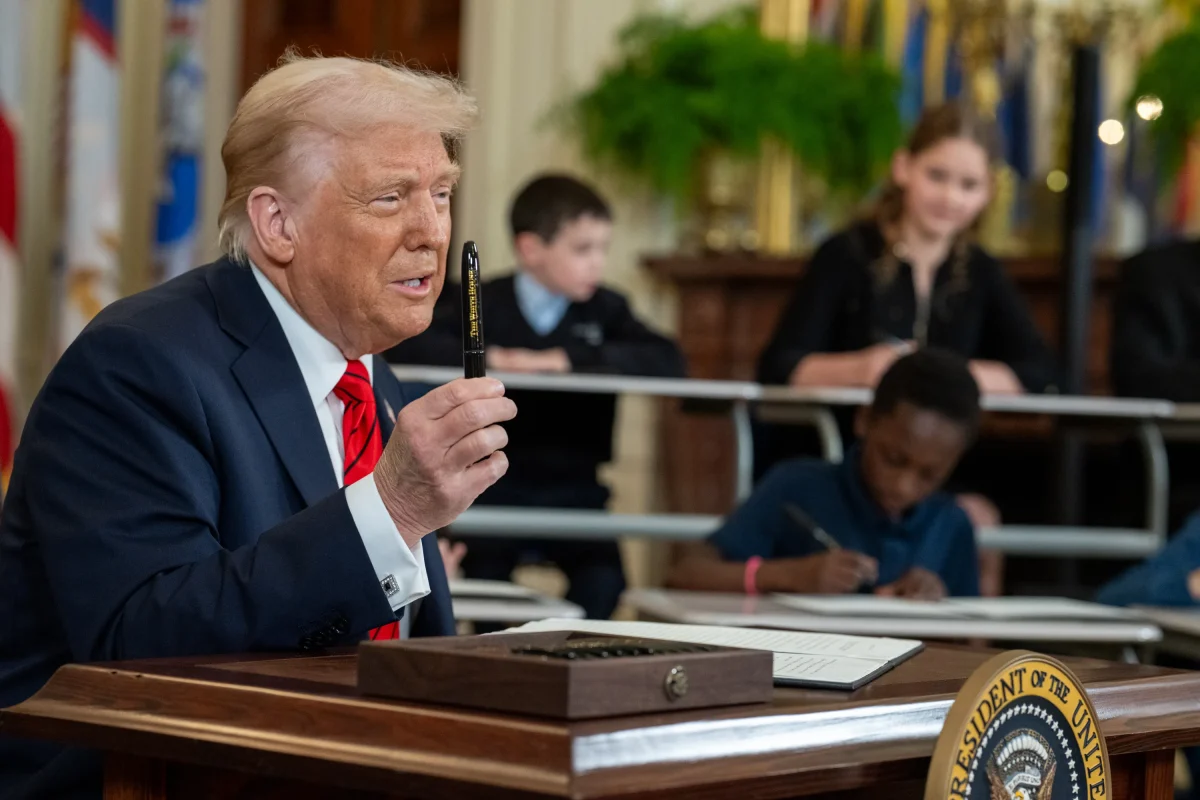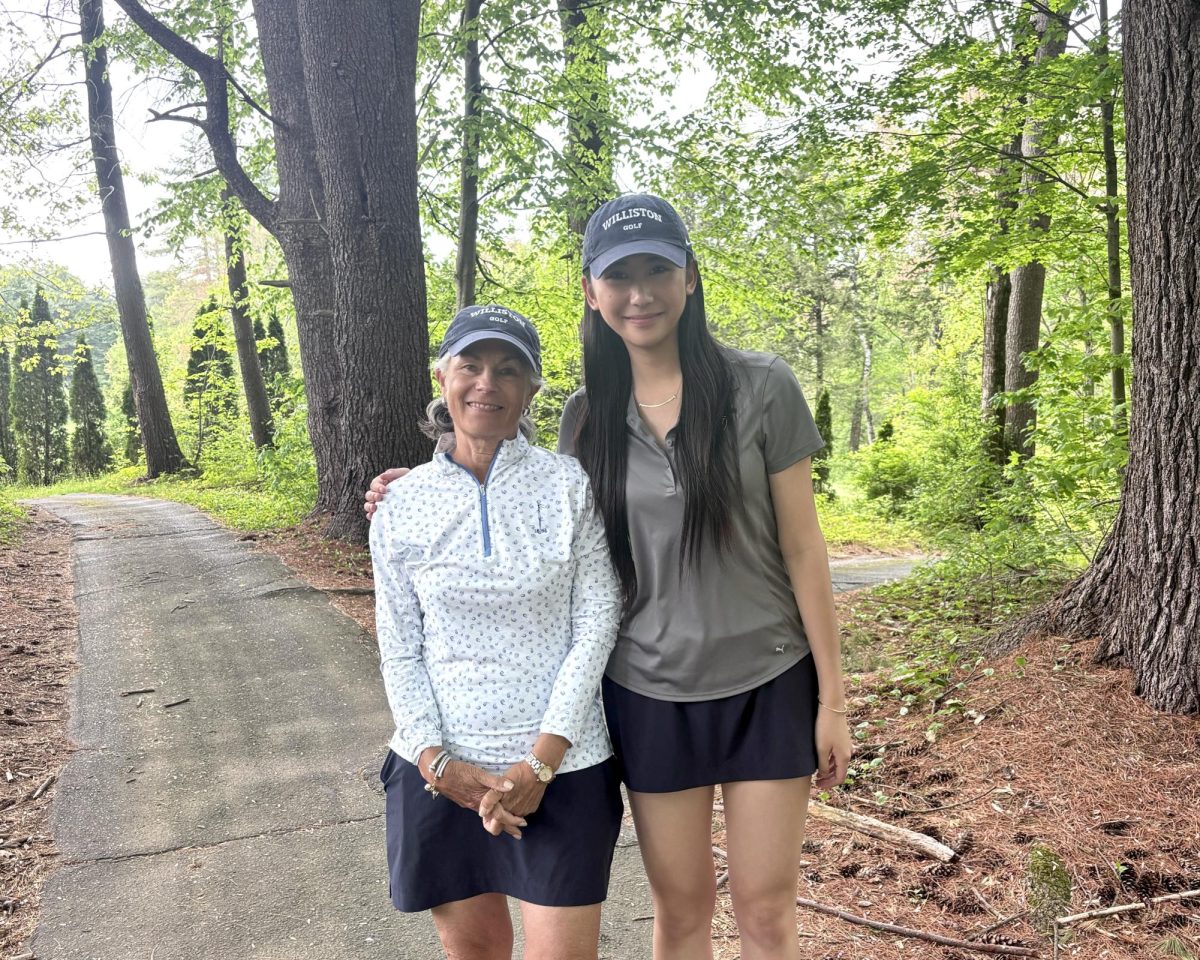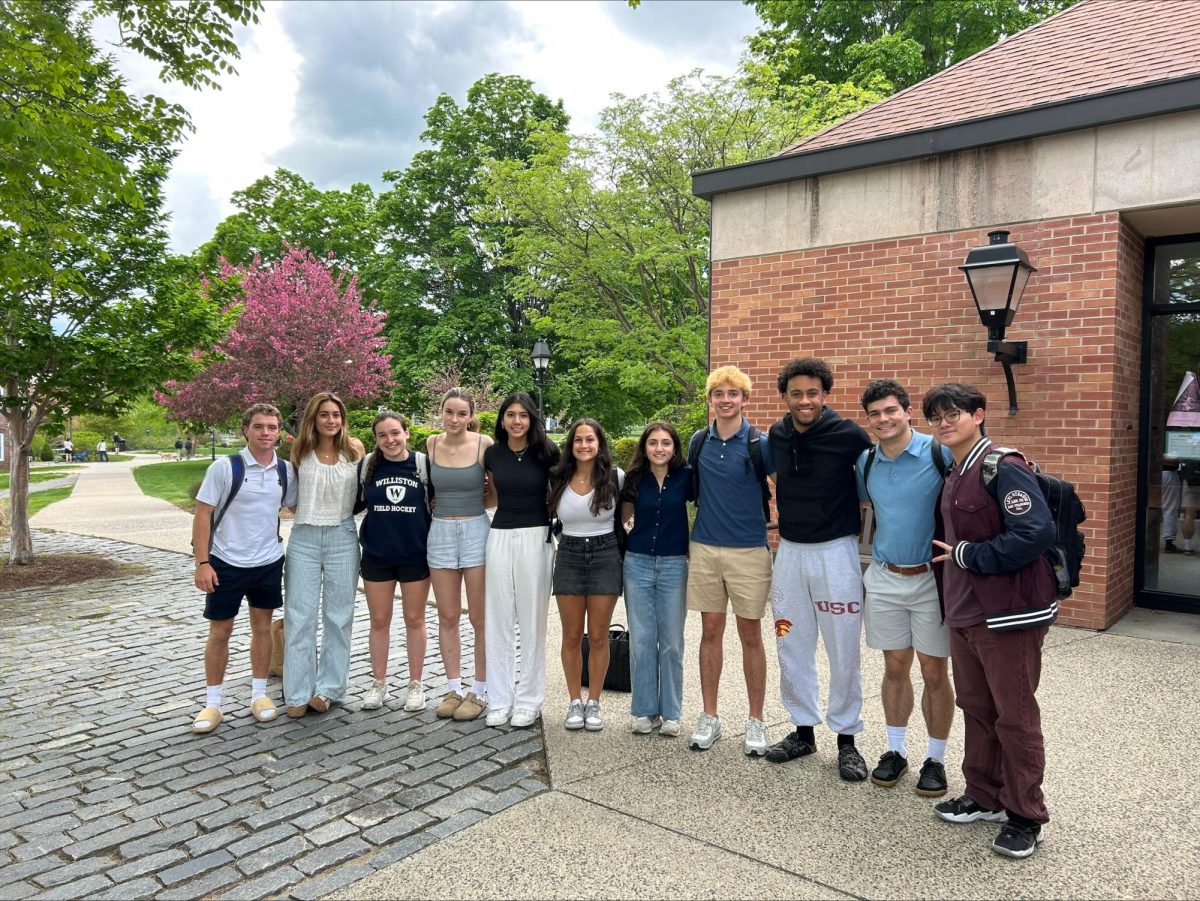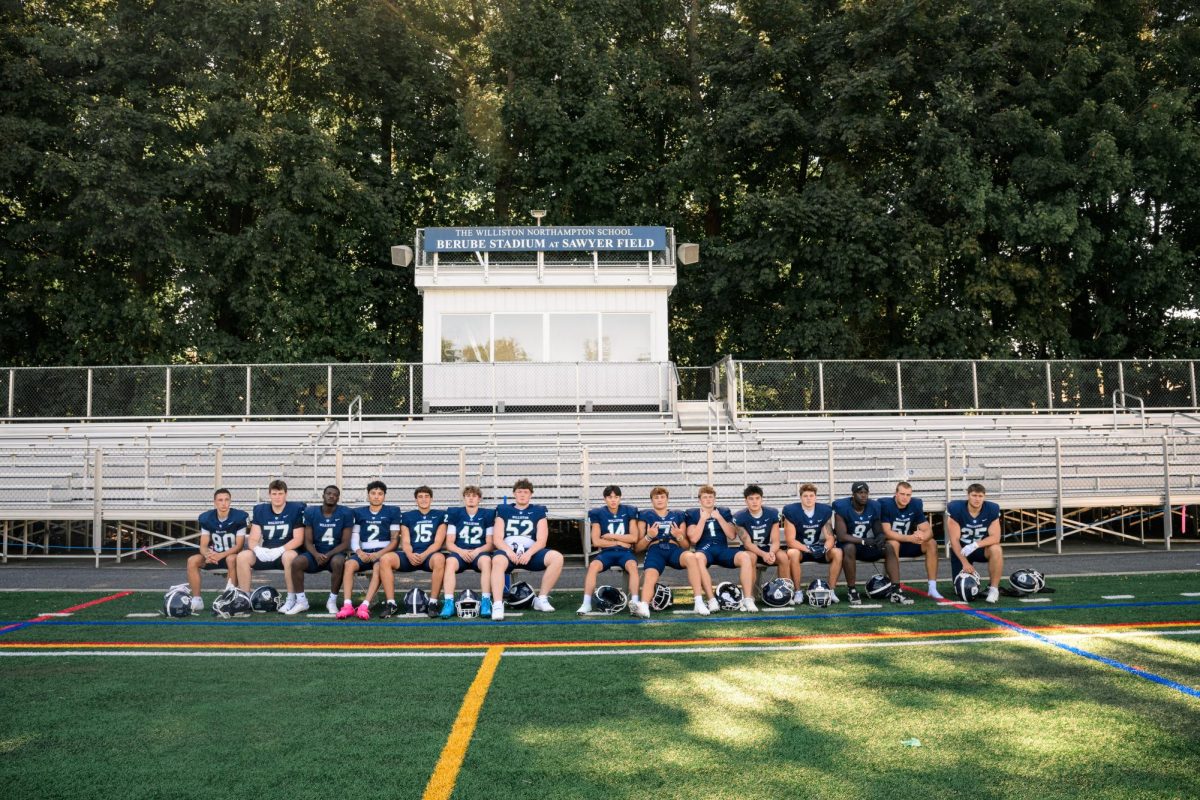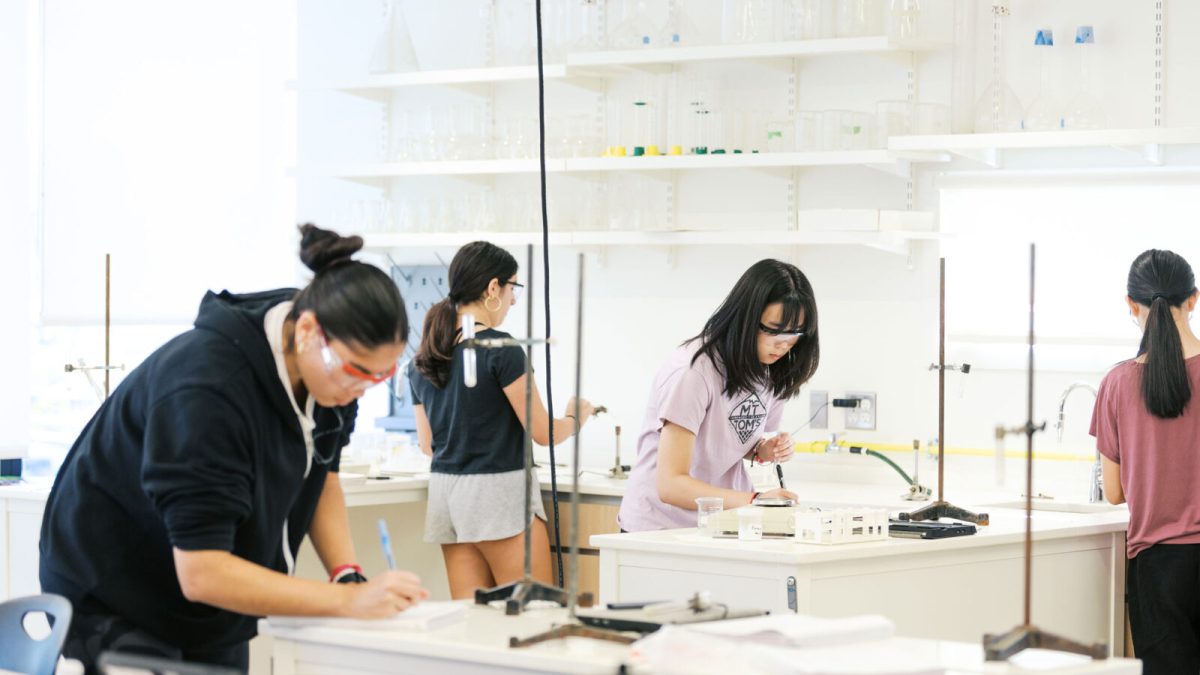I remember the first time I had to “act white.”
At Williston –a predominantly white institution— your BIPOC counterparts may by partaking in code-switching and not even realize it. Whether it be changing how you speak when talking to the Deans to changing your vernacular with different friend groups, many people have experienced code-switching in their life. Your BIPOC counterparts just may be doing it more than others.
African American Vernacular English, also called Ebonics, is a dialect of American English spoken by a large majority of African Americans. According to Britannica, scholars have concluded that Ebonics, similar to other English creoles, developed from contact between varieties of colonial English and African languages.
The structural similarities between Ebonics and American Southern English is attributable to their simultaneous development on cotton plantations. For example, double negatives like “I ain’t seen none.”
The term “code-switching” originally stemmed from a phenomenon in linguistics in which multilingual people may accidentally switch the language they are speaking in whilst in a conversation. For example, a student who speaks Spanish and English may code switch and say, “I want to go to the Stu-Bop pero I have to wait for Alisha.” However, sociologists began to realize that people alter how they speak, or act based on contextual situations, even if they are only fluent in one language.
According to Better Up, code-switching is the way in which a member of an underrepresented group (consciously or unconsciously) adjusts their language, syntax, grammatical structure, behavior, and appearance to fit into the dominant culture. In short, members of minority groups tend to assimilate to their white environment in order to fit in. This is something called “contextualized identity,” and for the most part is harmless when students switch from talking to friends to teachers. However, the problem begins when minority groups feel like they need to hide their “absolute” or whole identities.
Daryn Fox, a sophomore from Bermuda, started to code-switch at an early age to help navigate her surroundings between academic settings and afterschool activities. Daryn had to switch between her majority Black dance studio, United Dance Productions, and the majority white Bermuda High School.
“I think I started code-switching when I got close with my Black dance friends while also going to a predominantly white private school,” she said. “It is weird, but it was something I got used to very quickly.”
Senior Zah Ewen says that she tends to code-switch in an educational setting because of the fear of being seen as uneducated.
“I often find myself code-switching in academic settings,” she said. “I feel like common features of AAVE [African American Vernacular English] or Ebonics can be perceived as unintelligent. Like when I say ‘mines’ instead of ‘mine’ or pronouncing it ‘axe’ instead of ‘ask.’ It’s taken a lot for me to embrace the idea that these are not incorrect, just a different way of speaking. I believe society needs some time to realize that fact, too.”
Zah added that code-switching is “mostly unconscious.” Code-switching is rarely on purpose but rather “an inherent need to appeal to others in conversation.”
Nikki Chambers, who grew up in Montclair, N.J., can’t recall a time when she wasn’t code-switching.
“I grew up in an environment where I watched my parents code-switch, so I can’t really remember I time when I wasn’t,” she said.
Based on the environment Chambers grew up in and the “educational spaces [she’s] occupied,” she’s had to frequently code-switch.
“It’s sad, but it’s a tool that Black people use in order to be taken seriously in the workplace,” she said. “It’s a shame that people can’t authentically be themselves in spaces out of fear that people won’t value their voice.”
As a girl from Bermuda coming to the United States, I felt like I had to code-switch on two accounts. First, I am Black, in a primarily white space. I was mindful of this because young Black children are told from an early age that we must be extraordinary to even be noticed in the same light as our white counterparts.
Furthermore, we need to adjust to be less threatening.This notion led me to subconsciously change how I act or speak out of fear of not being taken seriously.
Second, I am from an island, and we have accents. I fully switch my voice when I am talking at Williston and when I am at home. “Wait say that word again … again” is often what I heard when I pronounced words in a different way. The way I speak is different from white Americans and different from Black Americans, which rooted my feeling of isolation. To be candid, I don’t like that I now have two versions of myself and ways of being; when I lived at home there was one Soleil, but in the States, I merely adapt to my environment to avoid inconveniencing others.
When it comes to inclusion, Chambers has a wish for educational spaces in the future.
“I would hope that there is a day when we can all show up in our spaces as ourselves and speak the way we speak, and our voices would have the same value,” Chambers said. “That is actualizing belonging.”
“This is Not my Real Voice:” Code-Switching on Campus
2
More to Discover
About the Contributor
Soleil Richardson ’24, Staff Writer/Editor



